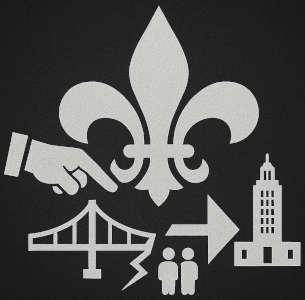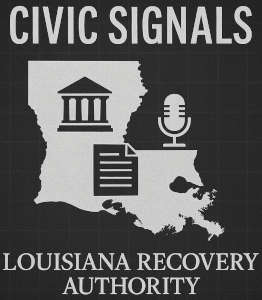Legal Disclaimer & Terms of Use
IMPORTANT: The Louisiana Recovery Authority (LRA) is a privately-owned independent watchdog organization and is NOT a government agency, legal firm, or financial advisor.
- No Legal/Professional Advice: Content is for informational/educational purposes only and does NOT constitute legal, financial, or professional advice.
- Independent Research Required: Users must verify all information with official sources and consult qualified professionals for specific situations.
- No Warranty: Information provided "as-is" without warranties of accuracy, completeness, or timeliness.
- Liability Limitation: LRA and its operators are not liable for any damages resulting from use of this information.
- Jurisdiction: Governed by Louisiana law. Legal actions must be filed in Louisiana courts.
By using this site, you agree to our Privacy Policy and Terms of Use.

